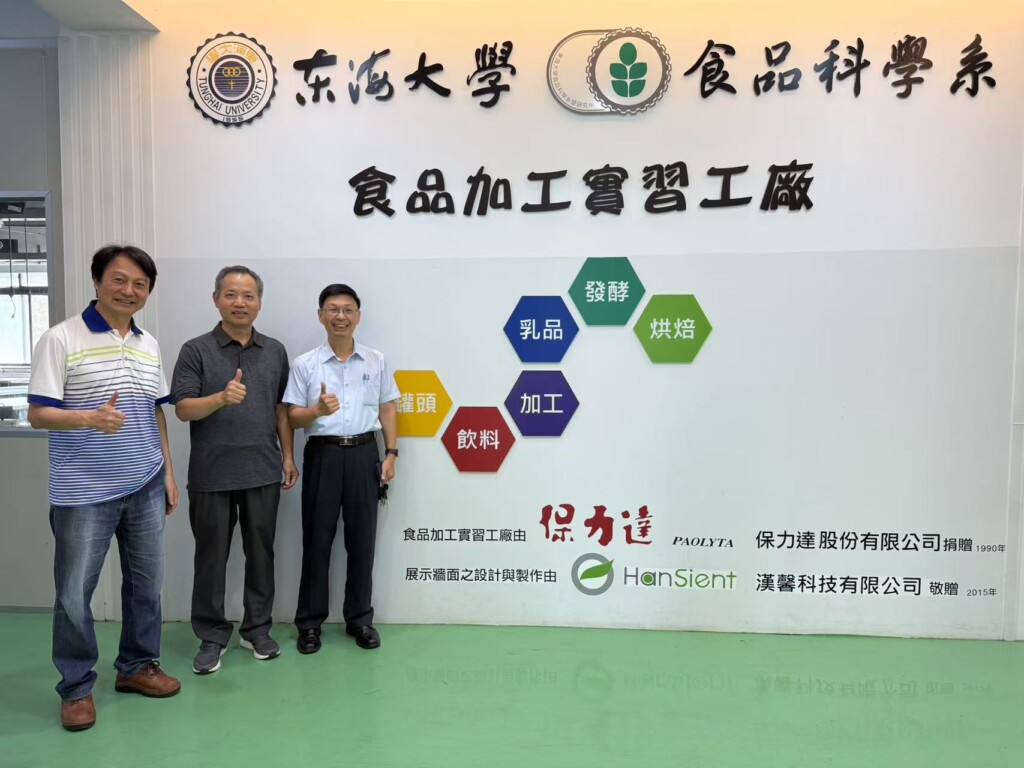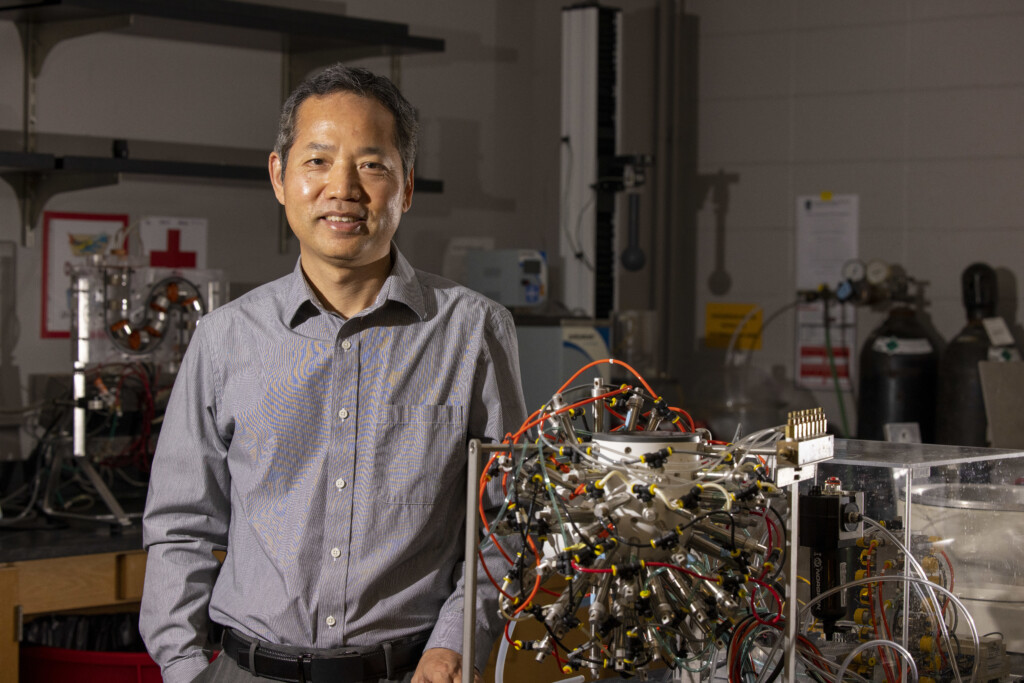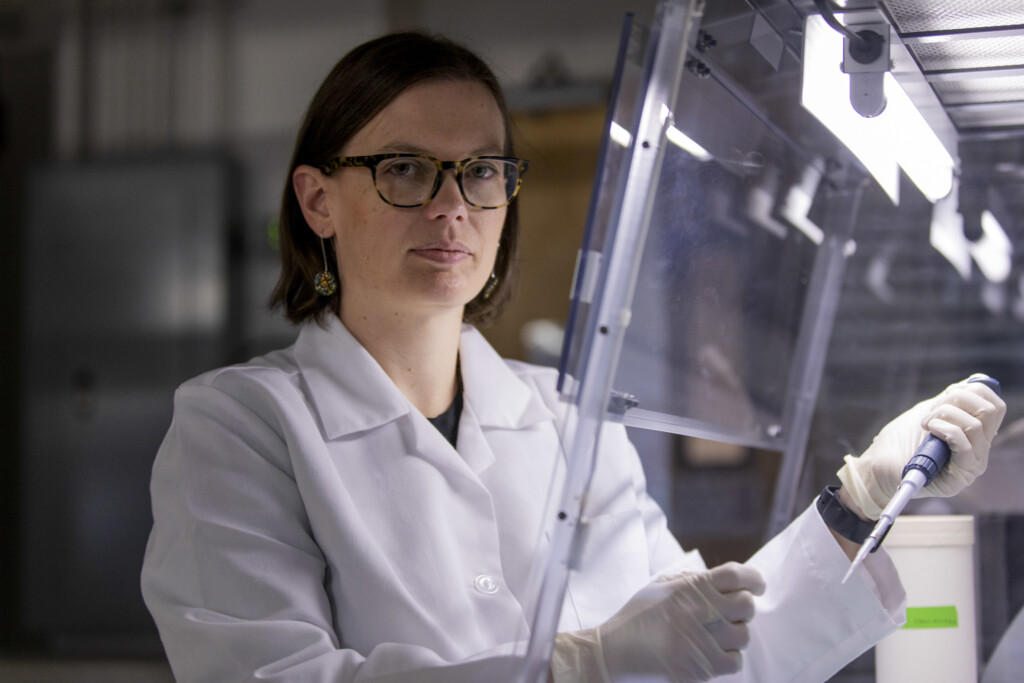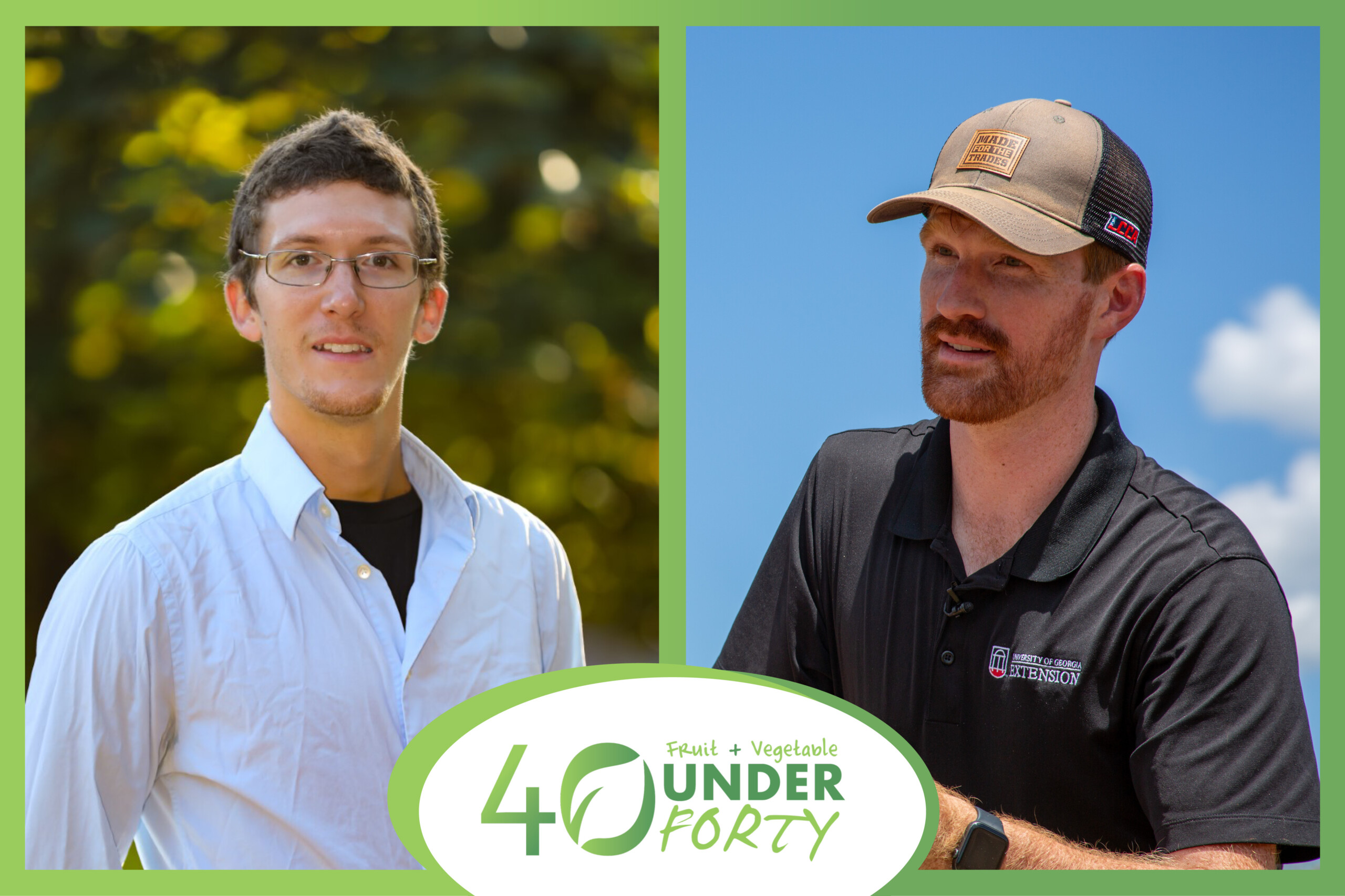
Takeaways
- UGA’s AgINSPIRE program funds international study leave for CAES faculty, fostering global research collaborations, joint publications and long-term academic partnerships.
- The program strengthens the international visibility of CAES while creating student opportunities, collaborative grants and cross-continental research networks.
- The program encourages translational research and industry-ready student training, enhancing UGA’s role in solving global agricultural challenges.
When the University of Georgia College of Agricultural and Environmental Sciences launched the Agricultural International Networking Study Program for Inspired Research Expansion, or AgINSPIRE, the goal was clear: Strengthen global partnerships and expand the reach of faculty research.
The program provides full-time, tenured CAES faculty with financial support for international study leave, helping them build collaborations, prepare joint proposals and publications, and develop networks with leading agricultural institutions worldwide.
For faculty like Fanbin Kong, professor in the Department of Food Science and Technology, and Gaelen Burke, professor in the Department of Entomology, AgINSPIRE opened the door to new collaborations, research directions and student opportunities.
Applicants must submit a project plan, curriculum vitae, support letters and a budget request for review. Proposals are evaluated on research goals, the necessity of international collaboration and potential outcomes. Awardees are required to submit reports within 60 days of their return, as well as document research progress, collaborations and publications for five years.
Building on existing ties in Taiwan
AgINSPIRE offered the perfect chance to work with collaborators at National Taiwan University (NTU), one of the world’s top-ranked agricultural programs, said Kong.
“I was excited when I first saw this program because I have many international contacts and hoped for in-person interactions,” Kong said. “Taiwan’s National University stood out due to our past connection from a co-sponsored summit 10 years ago.”

Kong’s research uses artificial digestive system models and microencapsulation techniques to protect functional food ingredients during digestion. His NTU counterparts specialize in extracting and preserving those ingredients, making for a natural fit. Together, they explored how new food processing methods affect nutrient release and absorption.
While his visit was primarily academic exchange — seminars, lectures and lab visits — Kong also learned from Taiwan’s culture of sustainability and commercialization.

“I was impressed that Taiwanese students are heavily involved in product development and commercialization. Their products are even sold commercially,” Kong said. “We can benefit from adopting some of these practices to better prepare our students for industry careers.”
Through conversations with faculty in Taiwan, Kong plans to explore adapting his digestive models for research on animal studies, such as cow digestion and methane emissions — expanding his work into new agricultural applications.
“The most rewarding part was the expansion of my research vision,” he said. “I now see broader applications and new collaborative directions. I gained valuable insight into different institutional practices and formed lasting networks.”
Returning to roots in Australia
For Burke, AgINSPIRE meant reconnecting with her academic and scientific roots in Australia, where she first encountered the parasitoid wasps that now anchor her UGA lab. Her host at her alma mater, University of Queensland, was entomologist Sassan Asgari, a global expert on the species.
“I thought it was a great opportunity to reconnect and discuss that work face to face,” Burke said.

Her time in Australia came to more than reconnecting. She launched a research project, collecting infested fruit from local farms to study parasitoids that target the Queensland fruit fly — a serious agricultural pest. By analyzing DNA from the wasps, she began exploring whether these biological control agents carry viruses that could influence their effectiveness.
The work opened doors to collaborations across the country. In addition to her work in Brisbane, Burke discussed collaborations with scientists in Victoria, at La Trobe University in Melbourne and at Western Sydney University, building a network that will provide her lab with insect samples she couldn’t otherwise access.
She also gained perspective on how research priorities differ across continents.
“The Australian scientific community can be more focused on translational research than foundational research. Meeting with scientists working on biological control of pests made me think about applying my own research more translationally,” Burke said of bridging the gap between lab discovery and application in the field.
The experience also rekindled her passion for fieldwork. “It was rewarding to do hands-on work again — collecting, sampling, solving problems, even building insect cages from local supplies,” she added.
Expanding UGA’s global reach
Both Kong and Burke emphasized how the program enhanced UGA’s international visibility and created long-term opportunities for students and faculty alike. From student exchanges to collaborative grants and joint publications, their AgINSPIRE experiences are already shaping the future of CAES research.
Kong encourages colleagues not to hesitate. “Take the chance. It’s a low-risk, high-reward opportunity,” he said.
“It was re-energizing, fun and valuable for forming connections and thinking about research in new ways,” Burke added.
Experiences like these demonstrate AgINSPIRE’s promise to expand research horizons, deepen international partnerships and position CAES faculty at the forefront of agricultural discovery.
For information on the program and requirements for application, contact the CAES Office of Research at ag.research@uga.edu.




